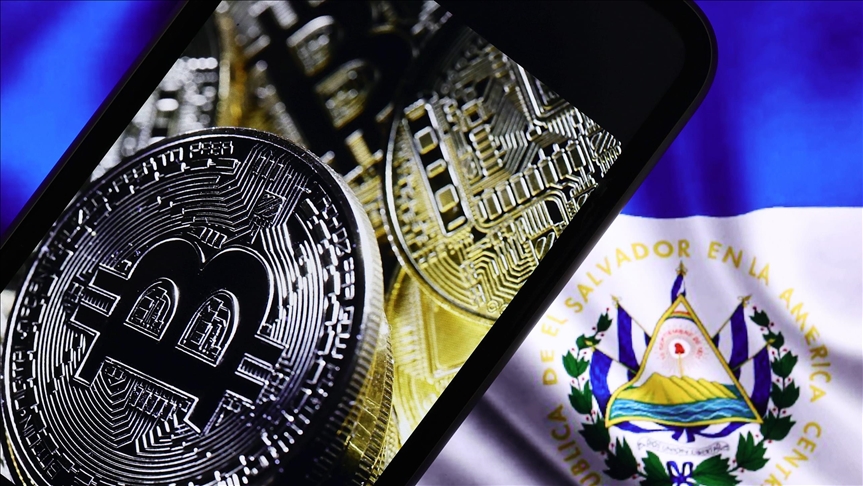Alarm in Florida Banks for the use of cryptocurrencies in El Salvador
President Nayib Bukele sees the decision to adopt cryptocurrencies as an important step that will help El Salvador become a regional hub for innovation and technological development. But Florida banks fear the move will lead to unwelcome developments by creating new opportunities for those who want to launder illicit funds through the US financial system.
“We are very concerned about the adoption of cryptocurrency in El Salvador,” said Daniel Gutiérrez, director of the Florida International Bankers Association (FIBA). “The situation in El Salvador is making monitoring [to detect money laundering operations] cumbersome and difficult.”
Part of the problem is that cryptocurrencies are adopted as the national currency by a country that also has very weak laws to detect money laundering.
Unlike what happens in the United States, banks in El Salvador are not required to ask their clients for “legal documentation of companies that are part of the shareholding composition of their corporate clients”, so there are not many tools that they have to determine who are the true owners of the accounts when they are managed through shell companies or trust funds, or use other types of complex shareholding composition, explained Gutiérrez.
That was already worrying because Salvadoran banks have direct access to the US financial system through correspondent accounts. But to that is now added the adoption of cryptocurrencies as the national currency, which forces banks and companies in El Salvador to accept them as a payment method.
“We know very well that criminals always look for the best way to hide the origin of their money, so if they already have an opportunity in El Salvador to operate in crypto and then Salvadoran banks do not carry out due diligence as our banks do here in the Florida. This is where the problem can arise”, warned David Schwartz, president of FIBA.
Because the situation represents a legal risk for US banks, which could be fined in the United States for not adopting measures to avoid being instruments of money laundering, some of them could end up adopting much stricter filters related to the entry of money. funds from El Salvador and reevaluating relations with their Salvadoran peers, said experts consulted. “The whole world is looking at El Salvador to see how it fares with this experiment.
But the truth is that El Salvador is becoming a big problem” for US banks, said Sergio Álvarez-Mena, Head of International Counsel for Charles Schwab.
In June, El Salvador became the first country to accept cryptocurrency as legal tender
“If a bank in El Salvador has its clients using crypto and in turn has a correspondent office in Miami, that in turn means that the bank in Miami has dollars that come and go without knowing if those dollars are of criminal origin due to to the relationship with the banking system in El Salvador”, warned Alvarez-Mena.
Last week, the Treasury Department placed several current and former officials on its sanctions list, including the Salvadoran government's chief of staff, Martha Carolina Recino, for alleged misuse of public funds.
Bukele responded to the announcement with a tweet criticizing the "absolute submission" of the United States and calling the "daily accusations" "absurd." The sanctions announced on Thursday imply among other things that all properties or interests in properties that are in the United States belonging to these people are blocked, as well as any entity that they partially or totally own.
Miami Daily
Author: Patricia Chung 9:30 pm




